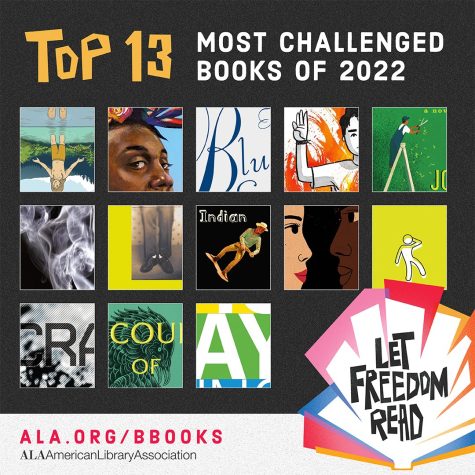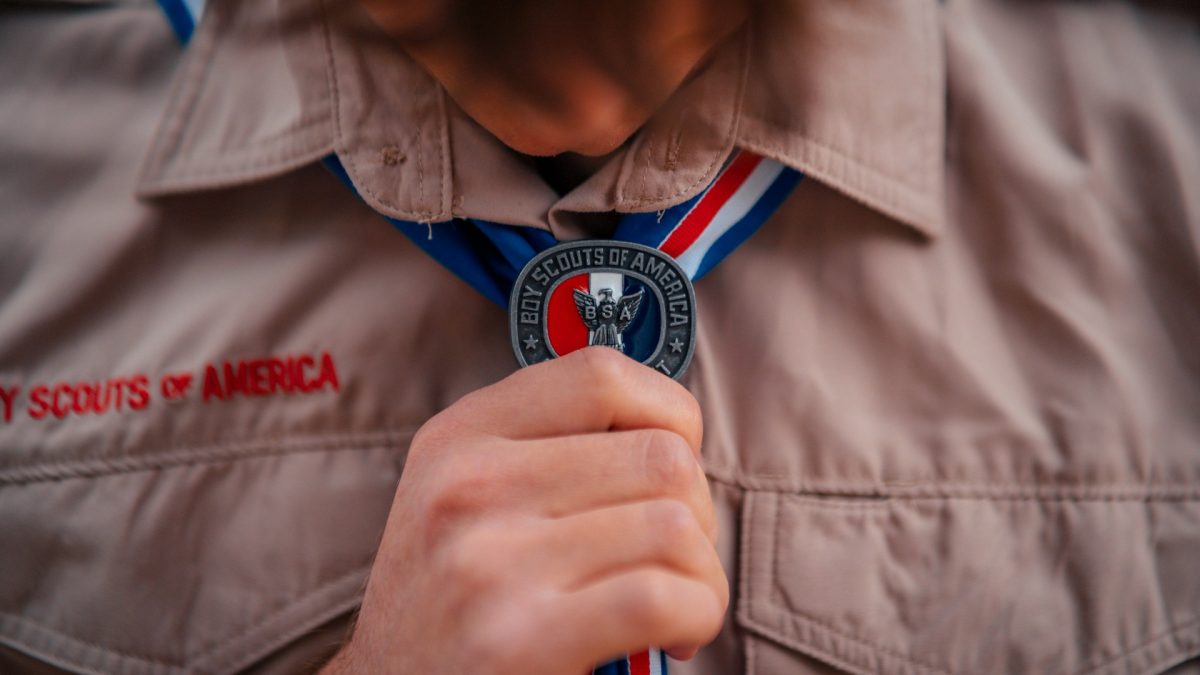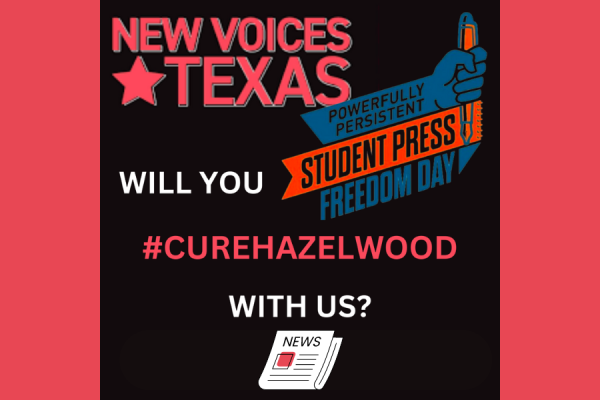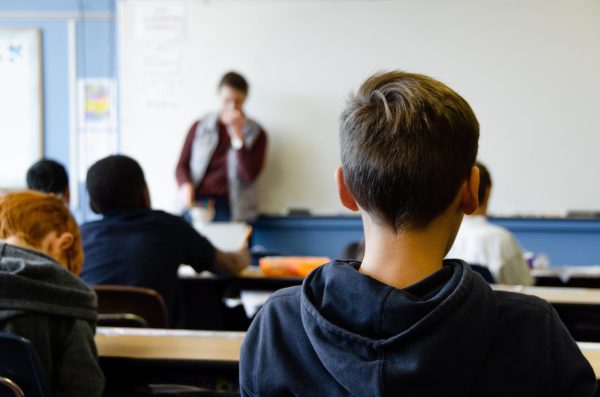Opinion column: Right to Read Day illustrates necessity for book availability
National Library Week is April 24 – 28, and Right to Read Day is how Unite Against Book Bands is kicking the week off.
April 24, 2023
Unite Against Book Bans, an organization established exactly one year ago today to fight book bans across the nation, is calling on readers today to advocate against censorship in what they are calling “Right to Read Day.”
At a time when state and national legislatures are attempting to ban books in public schools for “inappropriate” content – usually related to race, sexuality and gender identity – it is imperative that students and their families fight back. Books not only entertain, but they also expose children to the world and shape them into strong, intelligent people.

Growing up, the public library was my favorite place. My mother made a point to regularly take my sister and me there, reading anything we could find off the shelves. From “Junie B. Jones” and “Magic Treehouse” to “Dork Diaries” and “The Boxcar Children,” I loved reading. And I still read today.
I’d love to say that I read the hard-hitting, life-altering books, but the majority of the time, I’m reading romance. I never could have imagined that my innocent little romance books would be taken off the shelves of public schools because the main characters are members of the LGBTQ+ community. Two of these books listed as banned are “Will Grayson, Will Grayson” and “They Both Die At The End,” both of which I have read. These books are not “turning their kids gay” as some of the people in charge claim, but rather, they are teaching students to accept and understand people who are different from them and give students in the LGBTQ+ community a place to be seen.
Additionally, “The Hate U Give,” which is a powerful story about a young black girl who struggles with racial inequality after her friend is killed at the hands of the police, has significantly shaped my view on police brutality and the impacts it has on a community, but it is also being taken off of shelves. The stories in these novels are powerful, and the people trying to take them away continue to show their ignorance on this matter.
As I’ve grown, my love for the stories in books has turned into an appreciation for the language and message behind the plot itself. In particular, the novel “Fahrenheit 451” by Ray Bradbury is one story that I immediately fell in love with as it follows firefighter Guy Montag, who finds freedom through literature in a society that bans and burns books.
As Texas legislators continue to add to their unreasonable list of books that should not be allowed in schools, the U.S. is increasingly moving toward a society much like the one Bradbury created.
As Texas legislators continue to add to their unreasonable list of books that should not be allowed in schools, the U.S. is increasingly moving toward a society much like the one Bradbury created. If those in charge would pick up a book every once in a while, especially “Fahrenheit 451,” they would see there is a freedom found through literature that is unmatched by anything. Not only is there freedom, but there is also a certain understanding about the world that can be gained from reading the stories of others, fictional or real. By banning books that tell real stories, students are being stripped of this knowledge and freedom.
As the literary community continues to struggle with this ignorant, malicious attack on their art form, I encourage all to pick up a book, maybe even a banned one, and read.
















